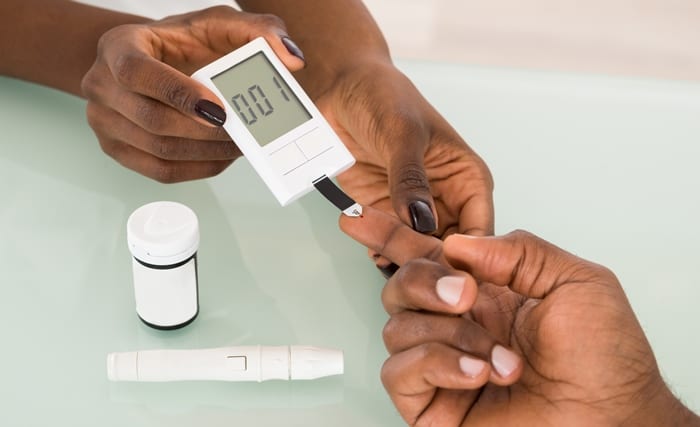Individuals who have tested positive for COVID-19 are being urged to share information on any pre-existing health issues during their initial medical assessments.
Consultant Manager of the Home Quarantine and Isolation Programme, Dr. Adanna Grandison, made the appeal during a press conference focusing on the programme and the current surge in cases.
She stated that this was necessary, given the association between chronic non-communicable illnesses, such as hypertension, diabetes, chronic kidney disease, and an increased risk in becoming severely ill from the virus.
“All of these are things that we are asking you to declare quite clearly. There are some persons we know who may not identify themselves … as suffering from these conditions However, they may tell you, for instance, they take medication for [high blood] pressure or sugar [diabetes]. We want you to be able to tell our doctors when we call to triage, that essentially, ‘yes, I am taking some medications and this is what they are for’. This is where we need your buy-in,” she said.
Dr. Grandison gave an outline of what happens after a person is diagnosed with the viral illness, stating that each case is handled by a triage team of doctors, nurses, emergency medical technicians, and paramedics.
She explained that public health authorities were utilising “a stoplight system” to determine the action required for each case. According to her, persons who were determined to be “safe” at the time of triage would be classified as ‘green’.
Those exhibiting symptoms would be deemed ‘yellow’, meaning they have to be monitored and are sent to an isolation facility. Cases which fall into the ‘red’ category are those persons who require urgent medical care.
Acknowledging the fear that some may have upon learning of their positive status, she urged persons to share any symptoms they may be experiencing, ranging from what they may deem as a simple headache, to fever, chills, cough and difficulty breathing.

“[It] is important for you to tell the medical personnel what you are experiencing. It is only at that point that we can safely and accurately triage you so that we can escalate or maintain your correct modality of care,” Dr. Grandison said, as she underscored the importance of early intervention.
She also sought to allay any concerns persons may have about being transported to the isolation centre at Harrison’s Point or the Blackman and Gollop Primary School.
The doctor assured that these facilities “are fully equipped with the requisite monitoring and interventional materials, oxygen, etc., to get to you the best care”.
Meanwhile, she addressed the notion that persons who have caught the virus would be discharged within 10 to 14 days of being isolated. Dr. Grandison explained this process was “solely based on clinical assessment”.
“We know that this is the case with COVID-19, where persons can present symptomatically or pre-symptomatically and they may remain without any sort of symptoms for the entire duration of their clinical course. We also have some persons who may start off good, no symptoms, and their status may deteriorate,” she stated.
The head of the Home Quarantine and Isolation Programme added that it was imperative that persons were fully recovered before returning to their communities.
